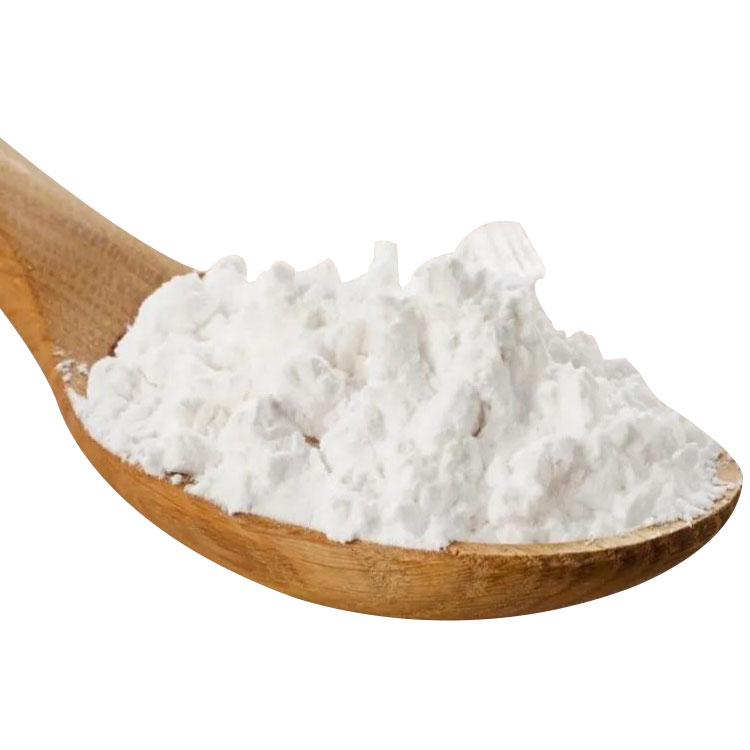Properties and Uses of Modified Corn Starch for Textile
2024-07-12
Modified corn starch is widely used in the textile industry for various applications due to its unique properties and benefits. Here’s how modified corn starch is utilized in textile processing:
Properties and Uses
1. Thickening Agent
- Viscosity Control: Modified corn starch is used as a thickener in textile printing pastes and sizing solutions. It helps to control the viscosity of these solutions, ensuring uniform application and adherence to fabrics during printing and sizing processes.
2. Binding and Adhesion
- Adhesive Properties: In textile finishing, modified corn starch can act as a binder for pigments, dyes, and functional additives applied to fabrics. It improves the adhesion of these substances to the fabric surface, enhancing color retention and durability.
3. Surface Treatment
- Surface Modification: Modified corn starch is sometimes used in finishing treatments to impart specific properties to textiles, such as softness, wrinkle resistance, or water repellency. It can be applied as a finishing agent to enhance the overall performance and aesthetics of fabrics.
4. Environmental Benefits
- Biodegradability: Compared to synthetic chemicals, modified corn starch is biodegradable and eco-friendly, making it a preferred choice for sustainable textile processing practices.
- Non-toxic: It is generally safe and non-toxic, reducing environmental and health risks associated with textile manufacturing.
Processing Methods
1. Application Techniques
- Printing: Used in textile printing as part of thickening agents for pigment or dye pastes. It helps to improve the sharpness and definition of printed patterns on fabrics.
- Sizing: Applied as a sizing agent to improve yarn strength, reduce breakage during weaving, and enhance the handling characteristics of fabrics.
2. Compatibility
- Versatility: Modified corn starch can be used with various textile fibers such as cotton, polyester, and blends, demonstrating compatibility across different fabric types and manufacturing processes.
- Performance: It contributes to improving fabric properties without compromising the integrity or quality of the textile material.
Benefits and Considerations
- Cost-effective: Offers cost advantages compared to synthetic alternatives, contributing to cost reduction in textile processing.
- Regulatory Compliance: Generally complies with regulatory standards for textile chemicals, ensuring safety and environmental responsibility.
- Functional Properties: Enhances fabric performance in terms of comfort, appearance, and functionality, meeting consumer and industry expectations.
Summary
Modified corn starch plays a crucial role in the textile industry as a versatile and environmentally friendly ingredient. Its applications range from enhancing printing and sizing processes to improving fabric properties and performance. With its biodegradable nature and functional benefits, modified corn starch supports sustainable textile manufacturing practices while meeting the diverse needs of textile producers and consumers alike.



